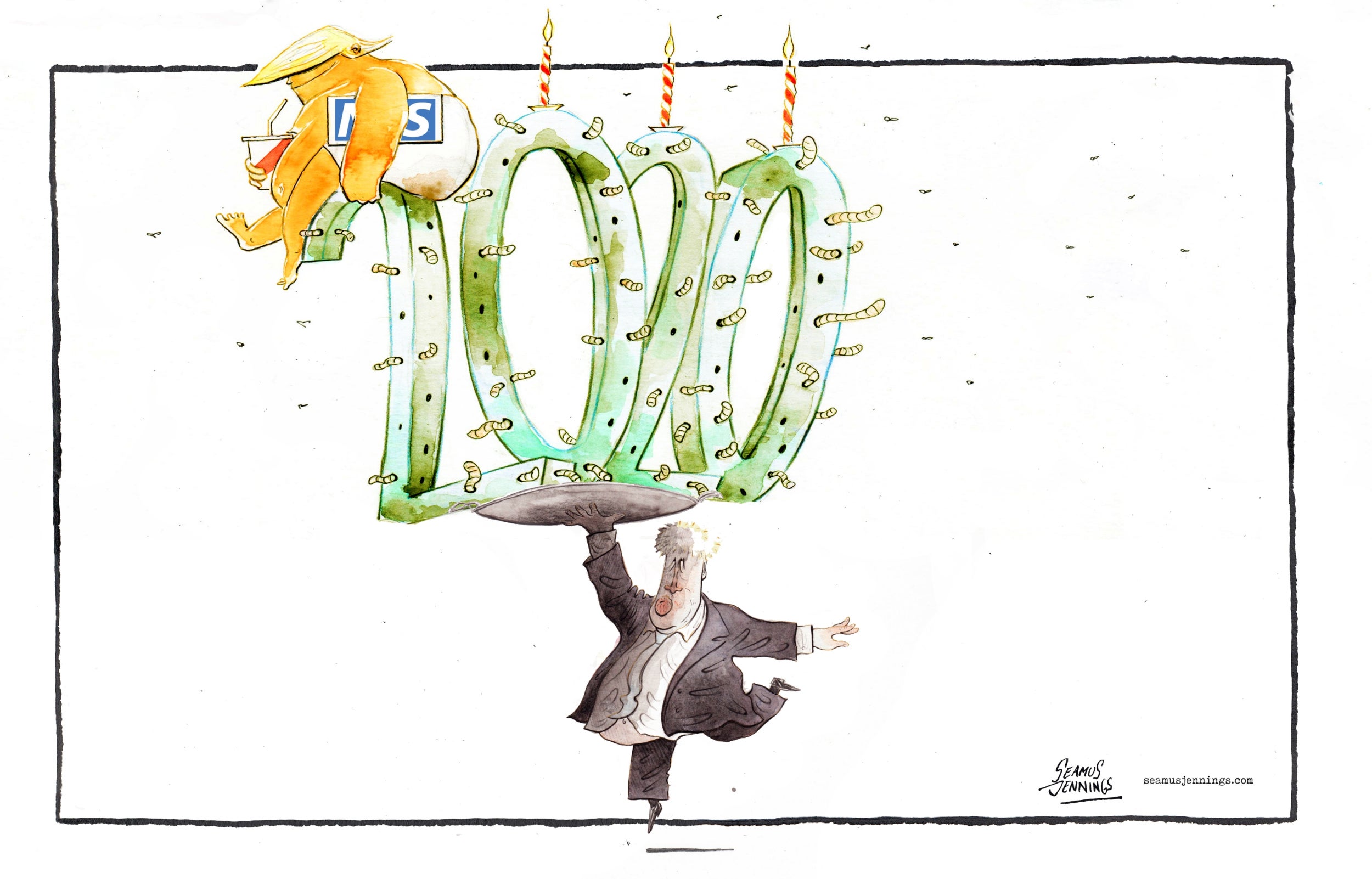The government’s modern slavery strategy works – but it will fail completely without proper funding
The long wait for a decision from the Home Office means demand is outstripping supply, but the problem is at least better understood

Some 15 years ago, the drowning of 23 Chinese migrant cocklepickers at Morecambe Bay in Lancashire highlighted the plight of victims of modern slavery in Britain, and the terrible existence of those hidden in the shadows who are exploited by criminal gangs which prey on their desperation for a new life.
In the intervening decade, much successful work has been completed by the government, charities and other agencies to raise awareness about modern slavery, to tackle it and to bring to justice those who steal the liberty of others for profit. It is now well understood that organised criminal gangs target vulnerable people who seek to become economic migrants, trap and extort them and their families, often under the cover of otherwise legitimate types of employment such as housekeeping, fruit-picking and hand-washing cars. Women trafficked in this way are often forced into sex work.
But the misconception is that modern slavery only affects migrants, whose own desperation to reach the UK has been exploited. That is not the case: the number of British people being reported as potential victims of slavery or trafficking within their own country has risen by 72 per cent in the past year, now accounting for more than a quarter of all those referred to the government for support through what is known as its National Referral Mechanism (NRM). It is thought that the sharp increase is due to the number of young vulnerable individuals lured into crime via the “county lines” phenomenon, which uses criminal networks to move drugs from city hubs out into the suburbs and rural communities, as well as controlling shopfront businesses such as nail bars.
The NRM is a government programme designed to identify, refer and support the victims of modern slavery in Britain. But it cannot do that without sufficient funding, and it is now clear that demand is outstripping supply. For the policy, this is surely a mark of success; the problem is not necessarily worsening, but it is at least better understood. The services exist, now, to tackle it.
As The Independent has previously argued, there is little the authorities can do to tackle modern slavery without the consent and active support of the public. There is a common agreement that this work is not only worthwhile but morally essential, yes, but ordinary citizens must still know what they are looking for and how to report it. They must then have the confidence that their concerns are being heard, that the referral mechanism this government has put in place – with much trumpeting from Theresa May, in an effort to improve her own credentials following the difficulties caused by her own “hostile environment” policy on immigration – is effective, insomuch as it actually lifts these bedevilled individuals out of their situation, improves their life chances and increases the likelihood that the perpetrators of this grave abuse face the consequences through the criminal justice system.
Today, we know that they cannot have that confidence. The referral mechanism may work but, as we report, in practice it is now failing: some desperate victims are waiting more than two years for a Home Office decision on their cases. Experts say these unfortunate people are being pushed back into exploitation while their lives hang in limbo – and, of course, those who are financially dependent on them suffer too.
Along with the climate crisis, the scourge of modern slavery is one of the key moral and political questions of our time. It is welcome that our government has had the wisdom and insight to address the issue publicly. A failure now to follow through with sufficient investment would hinder the ultimate aim of eradicating slavery in Britain.
Her action on modern slavery and human trafficking was perhaps Theresa May’s sole positive legacy as prime minister. Her successor, Boris Johnson, should not undermine it.
Join our commenting forum
Join thought-provoking conversations, follow other Independent readers and see their replies
Comments